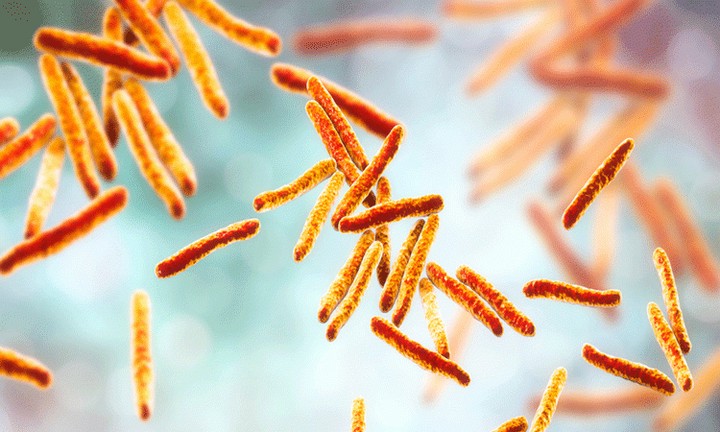Steroid catabolism in bacteria

Bacteria are the only known steroid degraders. This has important ecological and biotechnological implications. In addition, the pathway responsible for cholesterol catabolism in Mycobacteria tuberculosis (Mtb) includes virulence determinants. Since discovering the cholesterol catabolic pathway in Mtb over a decade ago, we have elucidated many key features of how this pathway functions. Most recently, this includes characterizing the pathway responsible for degrading the last two steroid rings, conserved in all known steroid-degrading bacteria (Crowe et al. 2017), identifying a previously uncharacterized cholesterol-dependent toxicity that may facilitate the development of novel tuberculosis therapeutics and characterizing a novel ring-opening enzyme, IpdAB, which is required for the virulence on Mtb (Crowe et al. 2018). In collaboration with others, we have facilitated the development of novel TB therapeutics (VanderVen. 2015) and provided insights into the regulation of the cholesterol catabolic genes (Crowe et al. 2015; Ho et al. 2016).